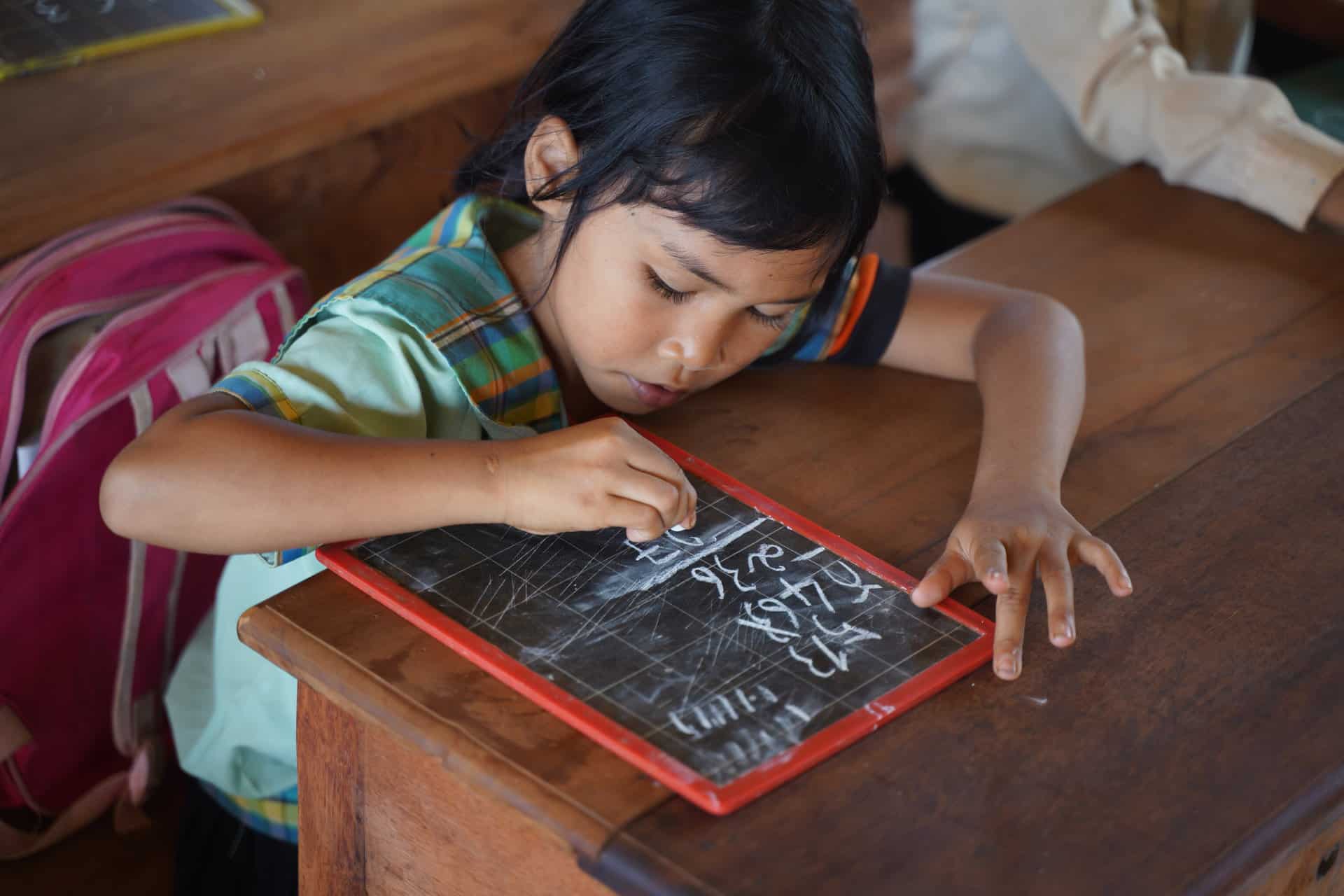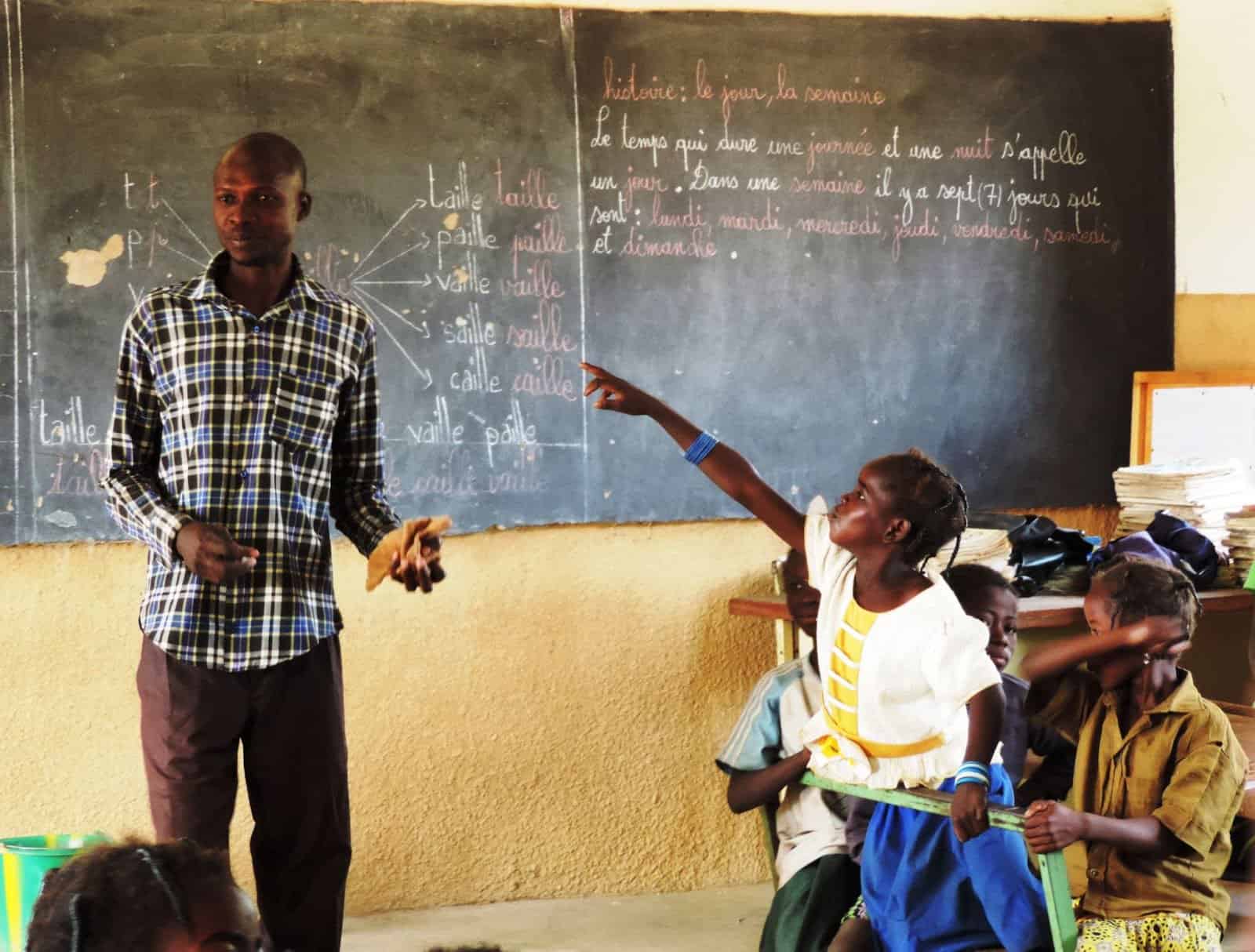What is the UDHR? Six key points to remember about human rights

The Universal Declaration of Human Rights (UDHR) turned 75 on 10 December 2024. What is the purpose of this text? Where did it originate? What is its value? Action Education gives you 6 key facts about this essential document.
- The Universal Declaration of Human Rights (UDHR) was adopted by the United Nations at the Palais de Chaillot in Paris on 10 December 1948 in the aftermath of the Second World War. It was drafted by an 18-member Drafting Committee representing several countries, including the American politician Eleanor Roosevelt and the French jurist René Cassin. Forty-eight of the 58 Member States of the United Nations at the time adopted this text.
- The UDHR is the first document adopted in the world to affirm that all human beings are free and equal, regardless of gender, skin colour, creed, religion or any other characteristic. The text sets out the fundamental rights of the individual (the right to housing, to decent work, to holidays and to social protection), their recognition, and their respect by law. It is preceded by a preamble with eight considerations on the need for all countries to respect fundamental human rights inalienably. Even today, these rights form the basis of the entire international human rights law.
- Article 26 of the UDHR is devoted to the right of everyone to education, including free elementary education. The article specifies that elementary education is compulsory, that technical and vocational education must be generalised and that access to higher education must be open to all on the basis of merit. It also reiterates the aims of education, namely the full development of the human personality, the strengthening of respect for human rights and fundamental freedoms, understanding, tolerance and friendship among all nations, racial or religious groups, and the furtherance of the activities of the United Nations for the maintenance of peace.
- Unlike the Convention on the Rights of the ChildThe Universal Declaration of Human Rights, the first legally binding text to make children subjects of law in their own right, has only declaratory value as such, and therefore does not create any legal obligations.
- The Universal Declaration has inspired numerous documents and institutions, including the European Convention for the Protection of Human Rights and Fundamental FreedomsThis treaty is unique in that it provides for a compulsory judicial mechanism to monitor compliance with it: the European Court of Human Rights.
- The French version of the Universal Declaration contains 30 articles. It is an official original, signed and approved by the founding members of theUnited Nationsnot a translation. The UDHR holds the world record for the number of translations according to the 2009 Guinness Book of Records. In 2019, the Office of the United Nations High Commissioner for Human Rights counted 518 translations, available on its website.



